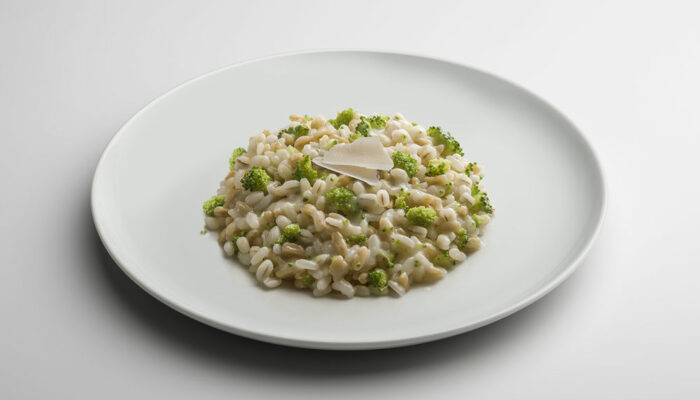
Meal Tips to Reduce the Symptoms of COPD
COPD is a group of lung diseases that block airflow in the respiratory system, making it hard to breathe. The most common conditions that makeup COPD are emphysema and chronic bronchitis.
COPD can be controlled to a certain level by watching your diet.
Here are a few nutritional tips to reduce the effects of COPD:
Complex carbohydrates
- Complex carbohydrates, including whole grains, fresh fruits, etc., are really good for your lungs.
- If you’re looking to lose weight, eat more fruits and vegetables than wheat and pasta.
- If you want to gain weight, eat more whole grains than fruits and vegetables but include a good amount of the latter.
- Limit eating simple carbs, such as candy, cake, soft drinks, etc.
Protein
- Increase your protein intake to build muscles in your lungs and to maintain their health.
- Good protein sources include milk, eggs, cheese, meat, fish, nuts, and dried beans.
- You can eat low-fat sources of protein or high-fat sources of the same depending on your weight goals and needs.
Sodium
- Limit your sodium intake (primarily from salt) as too much can cause edema that will increase your blood pressure.
Fluids
- Stay hydrated throughout the day by increasing your fluid intake.
- Water also helps to keep your mucus thin, which can facilitate the removal of the same.
- Drinking about eight fluid ounces of water every day is recommended.
- Ensure you spread your intake throughout the day rather than gulping a large amount of water during one part of the day and drinking nothing in the other.
- Any healthy fluid counts towards this goal. This includes fresh fruit juices, vegetable juices, water infused with herbs, etc.
- Stay away from caffeine, alcohol, and energy drinks.
Nutritional products
- If you find it hard to meet your dietary needs through your diet, especially with fats or high-calorie foods, you can opt for medical, dietary products.
- These products are supplements in the form of a liquid.
- They can be used as a complete diet for certain people with COPD who cannot eat ordinary foods.
- They can be added to the diet of ordinary people who have COPD who can’t eat enough food.
Other tips
- Take plenty of rest before eating as it gives time for your respiratory and digestive system to relax and prepare.
- Eat more food early in the morning, especially if you’re too tired to eat properly throughout the day.
- Avoid foods that can cause bloating or gas to make it harder for you to breathe properly.
- Instead of eating three large meals a day, it is well-advised to eat about 5-6 small meals throughout the day. This enables better respiratory function as the diaphragm moves freely, letting your lungs fill and empty out more air easily.
- If drinking fluids make you feel full, make sure you do so after a meal and not before.
- Take a nutritional supplement before going to bed and not in the morning. This helps you prevent the feeling of fullness throughout the day.



